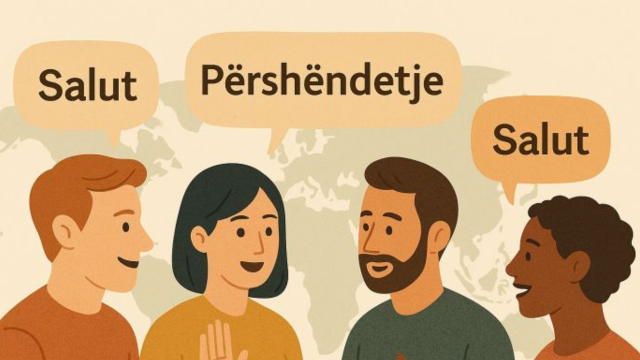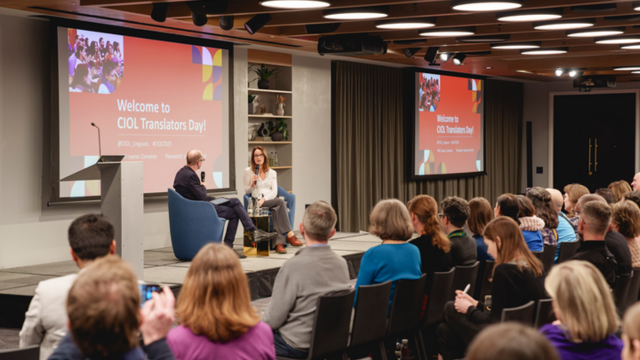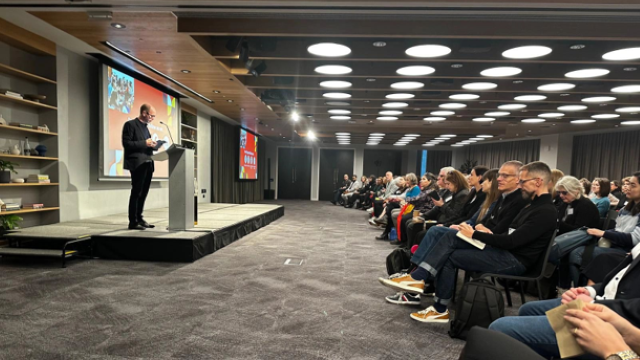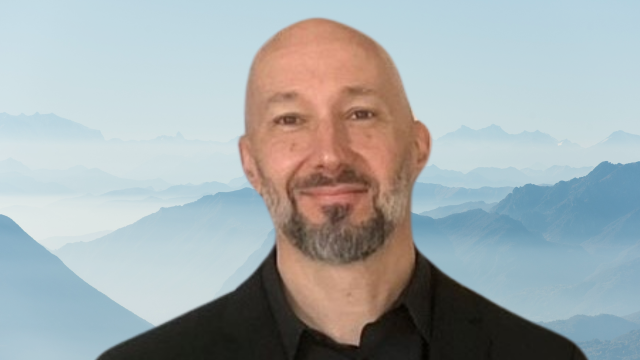-
QUALIFICATIONS
- For Linguists Worldwide
- For UK Public Services
- Preparation
- Policies & Regulation
-
MEMBERSHIP
- Join CIOL
- Membership grades
- NEW for Language Lovers
- Chartered Linguist
- Already a member?
- Professional conduct
- Business & Corporate Partners
-
ASSESSMENTS
- For Second Language Speakers
- English as a Second Language
-
EVENTS & TRAINING
- CPD, Webinars & Training
- CIOL Conference Season 2025
- Events & Networks
- CIOL Mentoring
-
NEWS & VOICES
- News & Voices
- CIOL eNews
- CIOL Awards
- The Linguist
- Jobs & Ads
-
RESOURCES
- For Translators & Interpreters
- For Universities & Students
- Standards & Norms
- CIOL & AI
- All Party Parliamentary Group
- In the UK
- UK Public Services
- Find-a-Linguist
AI and the future of translation
By Mark Robinson
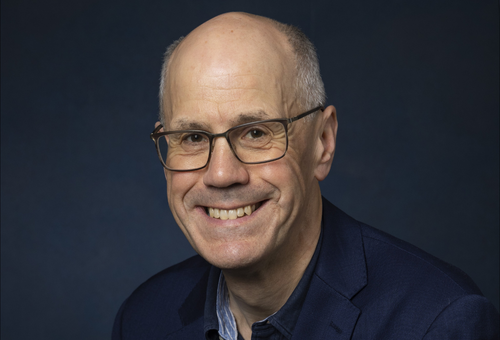
I like to think that we’re ahead of the AI (artificial intelligence) curve in the world of professional translation. We have had a form of AI – neural machine translation – around for a few years now, and it has become a helpful tool for professional linguists - in certain circumstances only, and for appropriate projects with careful checking. The large language models such as ChatGPT are something different again – but my prediction is that they will settle down to become another/a different tool for linguists in some situations. Let me explain!
In the 1990s, professional translators began using a technology called ‘Translation Memory’ – basically automating something that human beings are not so good at, i.e. remembering which words were used in a previous piece of work, so that they can be reused for consistency. This technology has become better, over time very much better, at presenting previous work in an efficient manner for consideration – and also at providing a great working environment for the professional translator.
Separate to that, research has been going into ‘machine translation’ since the Second World War. It has improved immensely over the decades, and it is a great thing for humanity – it is possible for human beings to communicate across cultures easily and more cheaply, if admittedly very imperfectly. In the past decade, machine translation has seen the introduction of ‘neural’ technology so that it has some artificial learning capacity. With all this science and progress, it has become helpful for professional translators to have the option to consult machine translation output before finalising work, i.e. for certain types of project only, ‘post-edited machine translation’ can be the most appropriate and cost-effective way of working.
In recent years, these two separate technologies have begun to merge. The great working environment for professional translators provided by translation memory providers such as Trados can also be used to consult machine translation where appropriate – and it is all fully under the control of a professional human in a single working environment. So, by this stage, we are starting to reassess how the translator spends their working day and the tools that they use – but the key point is that the human expert is absolutely essential to providing the high linguistic quality that all clients deserve. The human at the centre of the process has a great set of tools at their disposal to enhance and complement their language expertise.
Then ChatGPT etc. came along – does it change things? Well, yes and no! We have to expect the unexpected. A client may ask us to translate content that has been created by AI. Some language service providers are thinking about how AI could help with quality evaluation checks for translated texts. AI is the most amazing research tool, when used with care. It might be used to propose a translation with a different emphasis. The ways in which technologies develop will change the way that we work for ever. But I predict that the human professional will stay at the heart of the translation process – just with another, amazing, different, tool to help. Sometimes it will be appropriate to use it to help, other times it won’t. CSA Research, in their report on the ‘Market Landscape for Language Services’, present the idea of humans remaining at the core of language service success.
So the next question is – what will a professional translator call themselves in 10 years’ time? Terms like ‘Expert in the Loop’ or ‘Human in the Loop’ are being bandied around. I like ‘Consultant Linguist.’ I am looking forward to reading this post in 2033!
Mark takes part in a CIOL Council Expert Panel discussion at CIOL Translators Day on 15 March 2024
Mark Robinson holds a degree in German Studies from Lancaster University and CIOL’s Diploma in Translation. He used his language skills in a career in industrial export sales and marketing, and then as director of translation company Alexika Ltd. Mark is passionate about languages and international communication, the benefits to young people of learning about new languages and new cultures, the status of linguists in a fast-changing world and the value of professional qualifications in languages.
Mark is a Member of the Chartered Institute of Linguists, a Chartered Linguist and a member of CIOL Council.
Views expressed on CIOL Voices are those of the writer and may not represent those of the wider membership or CIOL.
Filter by category
More
The Chartered Institute of Linguists (CIOL), Incorporated by Royal Charter, Registered in England and Wales Number RC 000808 and the IoL Educational Trust (IoLET), trading as CIOL Qualifications, Company limited by Guarantee, Registered in England and Wales Number 04297497 and Registered Charity Number 1090263. CIOL is a not-for-profit organisation.


